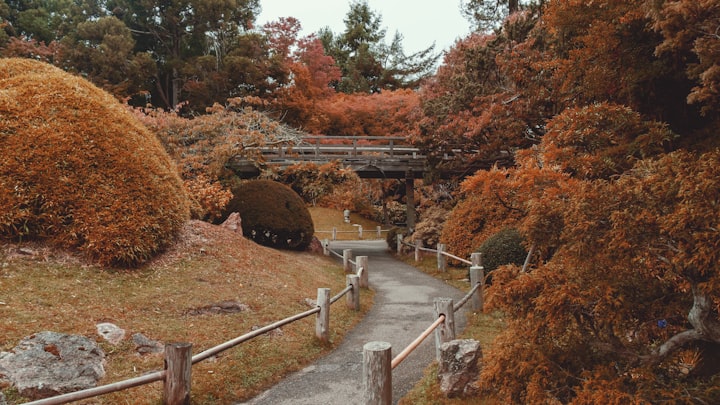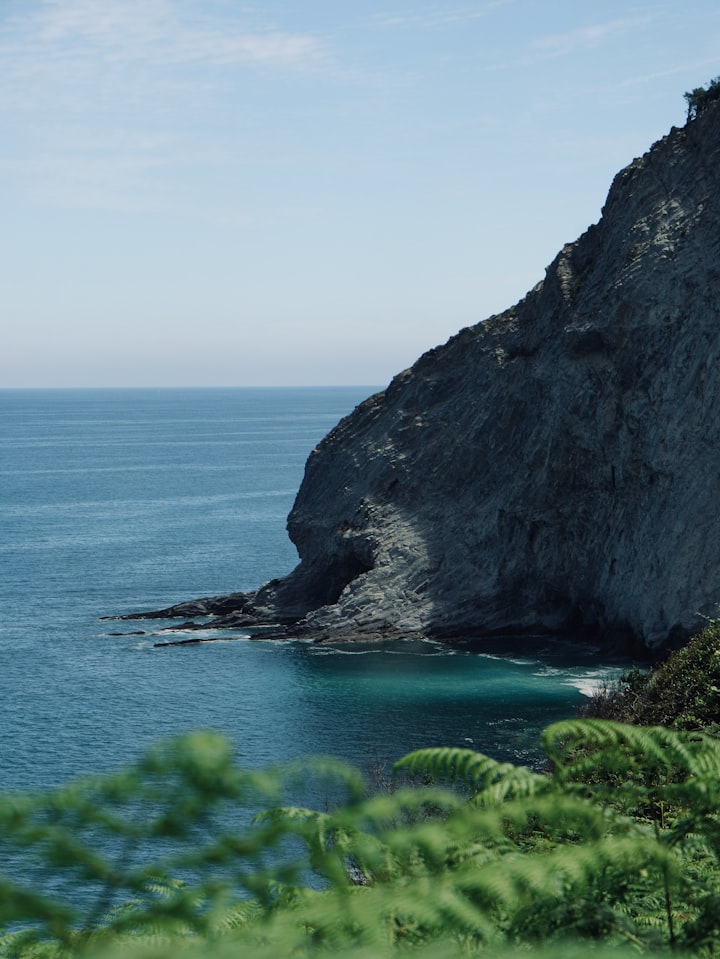Qi Jiguang expels Japanese invaders
In Ming Shi Zong's time, there is a group of Japanese pirates often harassed on the southeast coast of China

In Ming Shi Zong's time, there is a group of Japanese pirates often harassed on the southeast coast of China. They colluded with Chinese tycoons and merchants, looting property and killing people everywhere, causing no peace along the coast. History has called this kind of pirate "Japanese pirates".
In 1553 A.D., with the collusion of the traitor's Wang Zhi and Xu Hai, the Japanese pirates gathered hundreds of ships and landed on the coast of Zhejiang and Jiangsu, splitting into many small groups and plundering dozens of cities. The officials and soldiers along the coast did not dare to resist and fled when they saw the Japanese invaders.
The Japanese invasion became more and more serious, so even Ming Shizong, who was hiding in the deep palace, had to worry about it and asked Yan Song to think of ways to deal with it. Yan Song's party member Zhao Wenhua came up with an idea, saying that the only way to solve the Japanese invasion was to pray to the East China Sea and ask for the blessing of the sea gods. Ming Shizong believed Zhao Wenhua's nonsense and told him to go to Zhejiang to pray to the sea gods. Later, the court sent a veteran general Yu Dayou (yóu), who was familiar with coastal defense, to resist. Once Yu Dayou arrived in Zhejiang, he won several battles. But soon, the governor of Zhejiang, Zhang Jing, was framed by Zhao Wenhua, and Yu Dayou was also implicated and imprisoned. With no one to command the coastal defense, the Japanese invasion became rampant again. The court transferred Qi Jiguang, a general from Shandong, to Zhejiang to turn the situation around.
Qi Jiguang was a famous national hero in China's history, a native of Penglai, Shandong Province. When he arrived in Zhejiang, he first inspected the troops there and found that they were undisciplined and not capable of fighting, so he decided to recruit new troops. As soon as he issued the order to recruit soldiers, a group of peasants and miners who had suffered enough from the Japanese invaders volunteered to join the army, and some landlords who were willing to fight against the Japanese also joined in. The new army organized by Qi Jiguang soon grew to 4,000 men.
Qi Jiguang was a general who was well versed in the art of war, and he knew that soldiers could not go into battle without strict training. He studied the formation method according to the characteristics of the southern swampy area and personally taught the soldiers to use various long and short weapons. After his strict training, the new army was particularly strong in battle. The fame of "Qi's army" spread far and wide.After a few years, the Japanese attacked the area of Taizhou (now Linhai, Zhejiang) again, and Qi Jiguang led his new army to Taizhou. They fought wherever the Japanese were harassing. Those messy pirate teams were no match for Qi's army, and after nine encounters, Qi's army won every time. Finally, the Japanese could not stay on the land and were forced to flee to the sea ships, which Qi Jiguang bombarded with cannons. The Japanese ships caught fire, many Japanese soldiers were burned to death or drowned in the sea, and those who remained on the shore had to surrender.
Seeing that Zhejiang was well defended, the Japanese did not dare to invade again. The next year, they went to the Fujian coast again. One group of Japanese pirates went south from Wenzhou and occupied Ningde, while the other group went north from Guangdong and cooped up in Niu Tian. The two sides of the enemy were in solidarity with each other and had a strong voice. The defending general of Fuzhou could not resist, so he told the imperial court. The imperial court sent Qi Jiguang to help. Qi Jiguang brought his new army to Ningde and found out that the enemy's nest was at Heng Yu Island, ten miles away from Ningde City. It was surrounded by water and the terrain was dangerous. The Japanese had set up a large camp there and the local Ming army did not dare to attack them.
Qi Jiguang personally investigated the topography of the island and knew that the waterway was neither wide nor deep. That night when the tide was low, Qi Jiguang ordered each soldier to bring a bundle of hay with him, and when he reached the opposite shore of Heng Yu Island, he threw the hay in the water. Thousands of bundles of hay were thrown together, and a road was paved. The soldiers of Qi's army stepped on the road paved with hay and penetrated the Japanese camp unnoticed. After a fierce battle, more than 2,000 Japanese invaders were all wiped out on the island.
About the Creator
Ebrahim mohammadie
Go for a walk. Get to know more about the world. Want to go on adventures?






Comments
There are no comments for this story
Be the first to respond and start the conversation.